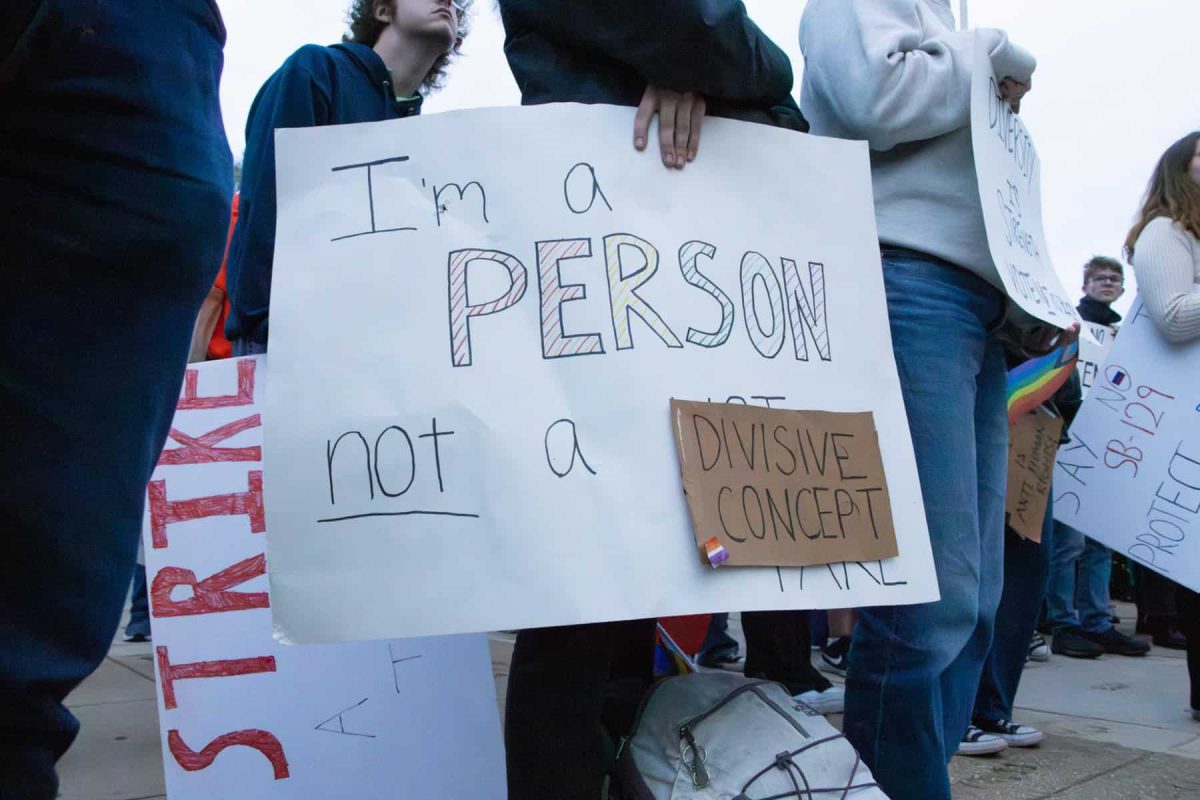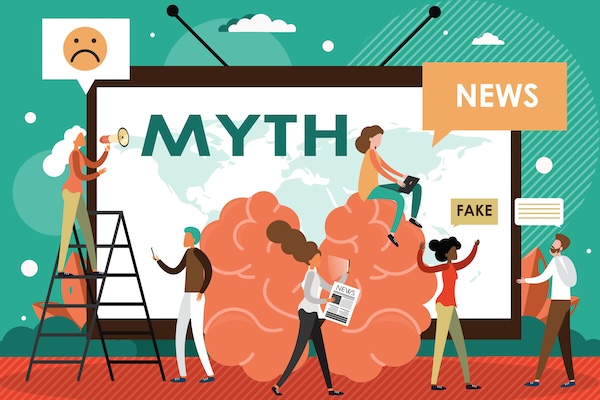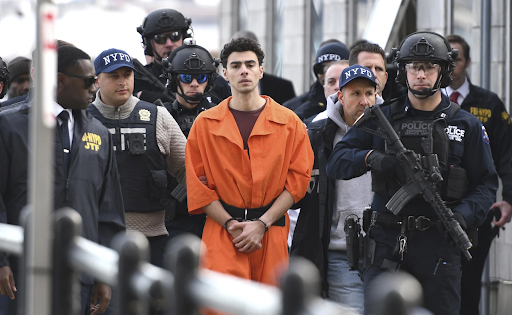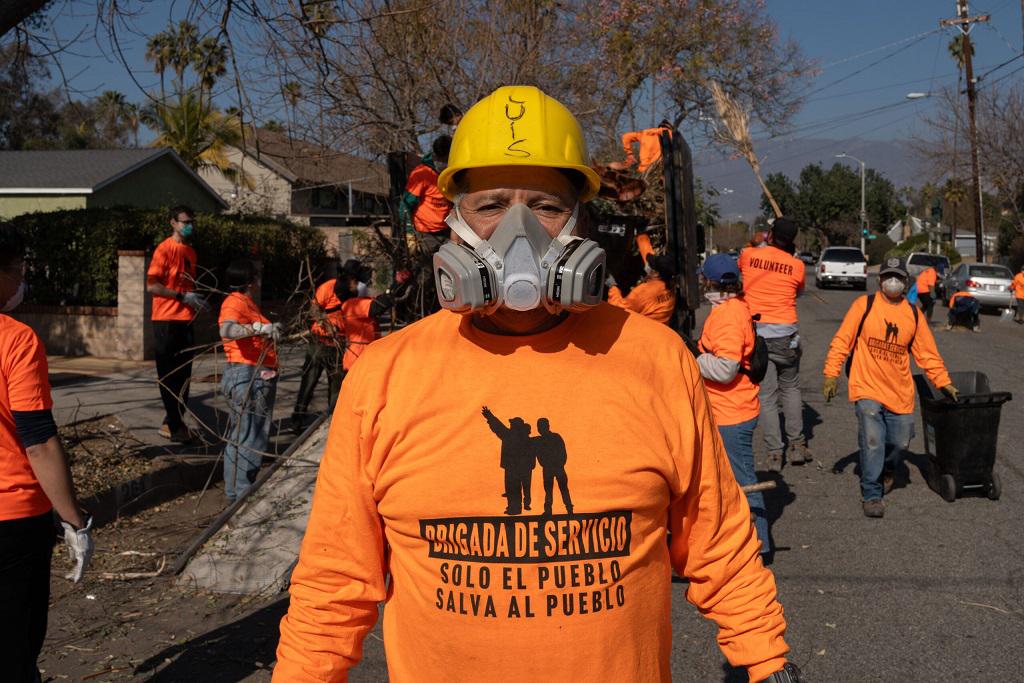From the first Hollywood starlets of the ‘50s to Charli XCX and Sabrina Carpenter, the celebrity machine has tirelessly pumped out annual new stars for decades. Yet, all machines stop working eventually.
As scandals turn more horrifying and parasocial relationships become increasingly dangerous, celebrity culture has morphed into something evil. While it would be easy to blame the paparazzi or the media, we are all at fault.
Celebrity culture is the obsession with famous people simply because they’re famous, and it hit its peak in the 2000s. Britney Spears, “Brangelina,” Eminem and Paris Hilton — just a few names that capture the zeitgeist of 2000s pop culture. Everything in this era was iconic, and the public was obsessed.
People could not get enough of celebrity news and scandals until, suddenly, they had a much bigger problem on their minds: the recession. In 2008, the Great Recession hit, and people were more concerned with keeping their homes than reading gossip magazines. Celebrity culture came to a halt. But by the early 2010s, there was a new fascination: social media.
The mass introduction of social media irrevocably changed how the public viewed celebrities. With superstars able to post any picture they wanted, fans were allowed a new look into their lives, effectively “de-mystifying” the allure of the 2000s icon. Celebrities became just like us, posting exactly how any average twenty-something would with their friends.
However, this posed a new, ongoing problem. As fans were provided a more intimate look into the personal lives of celebrities, they started to feel as if they knew these people personally. Celebrities’ efforts to appear normal backfired, as fans’ simple adoration turned to obsession.
Fans began feeling deeply connected, forgetting they did not know these people. They started to feel as if celebrities owed them something for their devotion. Behaviors such as stalking celebrities for photos, commenting vulgar things under TikTok edits and discussing celebrities’ issues as if they knew them personally became normalized.
Recently, no celebrity has been more vocal about this than Chappell Roan. The pop star has unapologetically called fans out for their obsessive behavior, reminding them, “Women do not owe you a reason why they don’t want to be touched or talked to.” Roan has come under fire for some of her statements, but she has a point: in just a few years, celebrity culture turned from simple admiration to idolatry, in a dangerous way. Yet, in the background of this, the tide has been turning.
Since 2020, celebrity obsession has started to dwindle. In March of that year, COVID-19 hit, illuminating the vast differences in the lives of celebrities and the public. The majority of Americans were worried about keeping their jobs, paying rent and providing for their families.
When celebrities tried to comfort fans by offering advice and, unfortunately, covering John Lennon’s “Imagine,” it felt like a slap in the face. As they posted these videos from the comfort of their mansions with millions of dollars to fall back on, the American public was in chaos.
Their efforts to relate to the struggle of the average American only made it more obvious how out of touch most celebrities are. Fans started criticizing celebrities left and right for their controversial opinions, involvement in sex trafficking scandals and loss of reality.
Americans realized they were facing a multitude of crises — rising costs of living, extreme weather and a polarized and dangerous political climate — so, who has the time to worry about what celebrities are doing?
The concept of the “celebrity” is not going away any time soon, but celebrity culture is dying. This obsession has been nothing short of a waste of time, distracting us for far too long. There is too much going on for people to waste their energy on celebrity drama.
As celebrity obsession dwindles, we should just let it, rather than choose someone new to fawn over. Our hyper-fixation on the stars has become unhealthy and it is time to simply leave them alone. The celebrity culture of the 2000s is dead, but this is not a death we should mourn.











